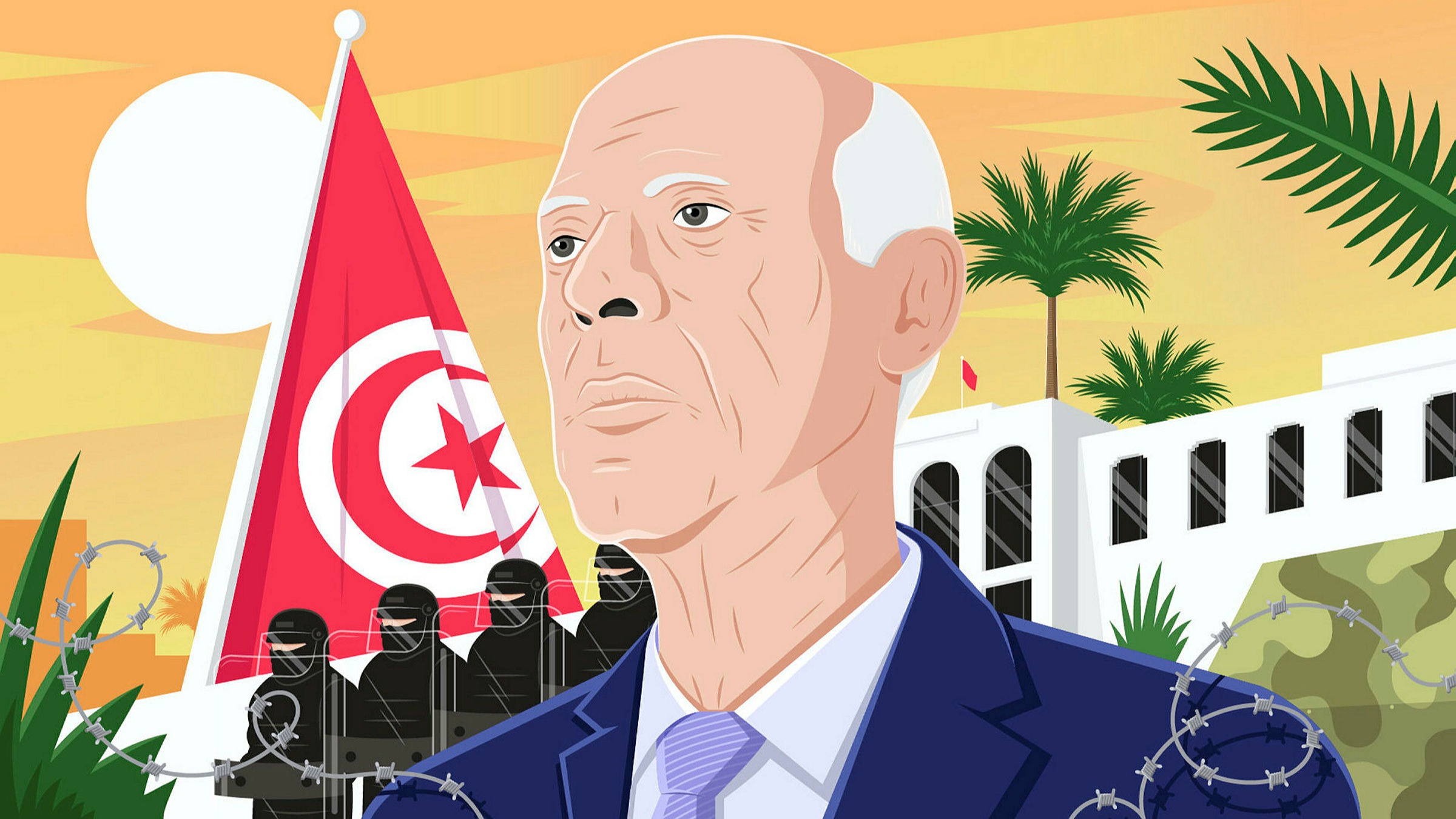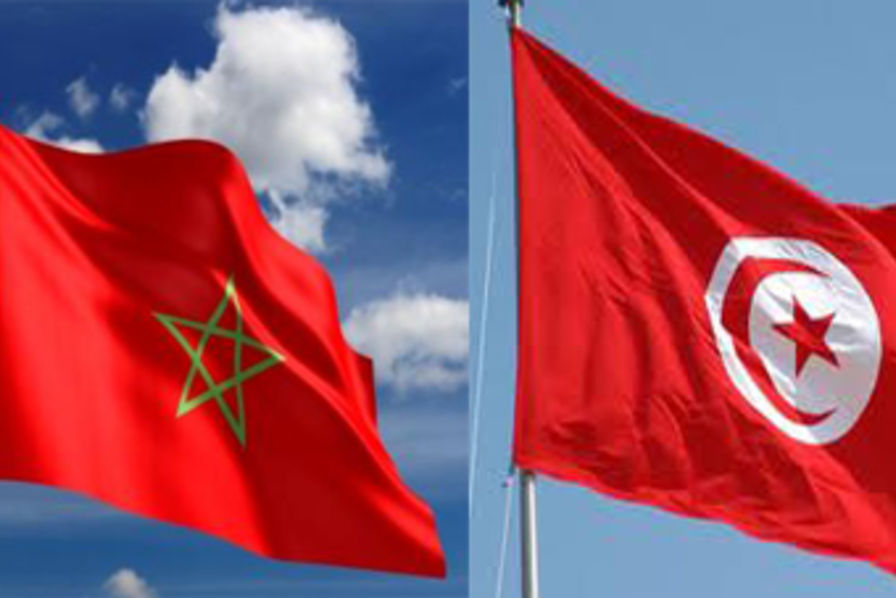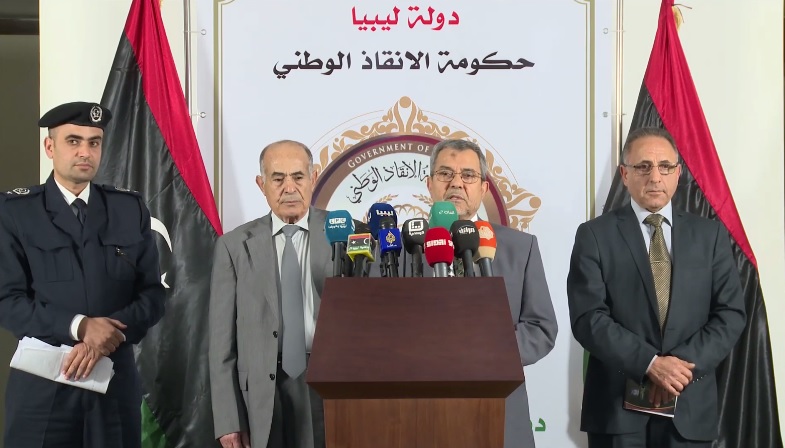Tunisia, under President Kais Saied, has backpedaled from democracy to autocracy in its abhorrent forms as the regime increasingly reconnects with its repressive past sending critics, opposition figures, and journalists to jail while surfing on a populist tide.
After concentrating all powers in his firm grip, Saied is paving the way for his second term in October elections with further crackdown on dissent in full sight of international media, whose days are counted in the birthplace of the Arab Spring.
On Saturday, the Tunisian police raided the Tunisian Bar association to arrest Sonia Dahmani, an outspoken critic of the government.
Dahmani was arrested for making sarcastic remarks about the government on a local television programme last week and charged with distributing false information and disrupting public order.
Her case highlights the ordeal of pro-democracy activists in a country where the President is ruling by decree, destroying what remains of the free press and political opposition.
The Tunisian bar association called for a nation-wide strike in protest for the arrest and the violation of its premises.
Earlier, Saadia Mosbah, a pro-migrant rights activist and Tunisian dissident, was arrested on charges of money laundering, which she denied.
Her arrest came as Tunisian authorities- encouraged by Kais Saied racist rhetoric- engage in violent raids targeting migrants, thousands of whom are abandoned in harsh conditions on the Algerian and Libyan borders.
Pro-government figures, such as MP Badreddine Gammoudi, are calling for the establishment of citizen militias to fight the “conspiracy” of “suspicious entities” looking to “settle refugees and migrants in Tunisia.”
In 2023, more than 30 journalists have been arrested as the country continues to send opposition figures to jail to empty the political arena ahead of October presidential elections.
All this repression served to derail attention from the biting economic reality in the country that faces a real risk of default, according to rating agencies.
Shunning economic reforms to get an IMF loan that would unlock his country’s access to international funding, Saied uses false patriotism or populism evoking conspiracy theories, mimicking Algerian leaders
With an unemployment rate at 16% and an inflation rate at 7.4%, Tunisia is following its self-defeating policies such as direct funding of the state budget by the central bank, which would worsen inflation.
The image of a populous president, scapegoating migrants and repressing dissidents will also further erode Tunisia’s attractiveness to foreign investors, as the country presses ahead on a trajectory of a failed state dependent on foreign aid.



